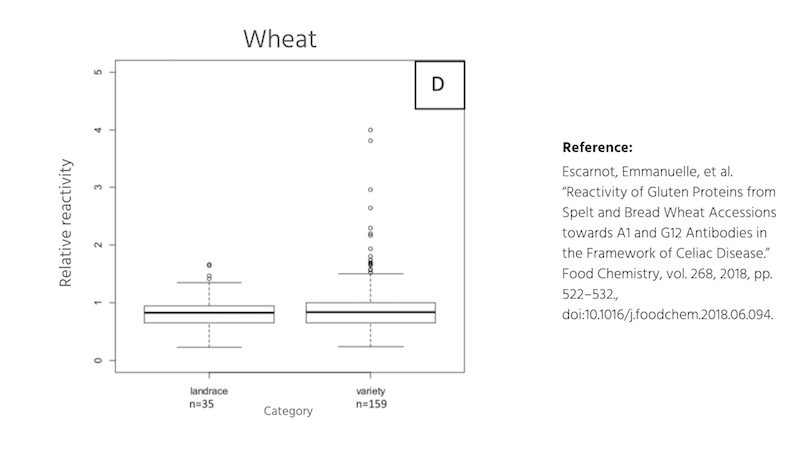To truly understand flour, you have to start at the root of it—or the wheat kernel that is. In the baking and food industry, there are no shortage of options when it comes to kinds of flour. Each one has specific strengths, weakness, and uses. What flour is right for your product and process?
To answer that question, we need to talk about the different classes of wheat and breeding. Dr. Lin Carson of BAKERpedia and Dr. Jayne Bock of the Wheat Marketing Center dive into the world of wheat.
Dr. Carson has her PhD in grain science, and is the CEO and founder of BAKERpedia. Dr. Bock, Technical Director at the Wheat Marketing Center, has publications covering topics including wheat and flour quality, dough rheology, and gluten structure-function.
The two start with different types of wheat and the impact it has on flour.
From there, they cover topics such as:
- Types of wheat for products
- Different kinds of GMO
- GMO Technology
- Traditional wheat breading
- Has wheat changed over the years due of breeding techniques?
- Have celiac proteins changed in wheat varieties over the years?
With public discussion rising about GMOs, celiac disease, and ancient grains, the doctors take a look at what science has to say about modern vs. traditional wheat and breeding methods. What they find may just surprise you.
Gluten Proteins in Ancient and Modern Wheat


